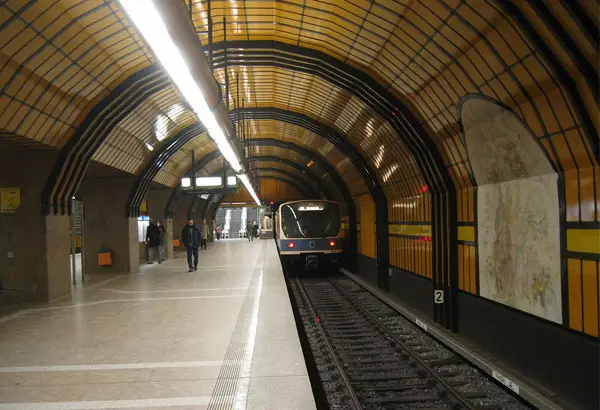As part of the ongoing Metro Manila subway project, Mitsubishi has granted a close to US$ 1.1bn contract to a consortium led by Colas Rail to design and install the turnkey rail system for the 35-kilometer Manila underground metro line that is set to extend from East Valenzuela in northern Manila to Ninoy Aquino International Airport Terminal 3.
Also Read: The North-South Commuter Railway in the Philippines (NSCRP) Timeline and All You Need To Know
The deal is Colas Rail’s first secured in the Philippines, and it is worth US$ 830M to the corporation, which will be in charge of track, CBTC, power distribution, overhead wires, and depot equipment, as well as engineering and system integration.
The mandate of Egis as per the contract
Egis‘ contribution to the Metro Manila subway project is separated into two parts. first off, the company, in collaboration with Colas Rail, will be in charge of the electrical and mechanical systems preliminary design.
The company will also oversee and lead the system integration and interface activities, as well as the system assurance, testing, and commissioning of all metro systems, including track, signaling, telecommunications, power supply and distribution, automated fare collection, platform screen doors, maintenance vehicles, and depot equipment, during the delivery phase.
This work will be carried out with the assistance of specialists and engineers from Thailand’s Regional Technical Center.
Thales expected to input into the Metro Manila subway project
According to the contract, Thales will design and develop integrated and secure communications networks, including radio, multi-service networks, wayside telephones, and Wi-Fi, as well as wayside security equipment including CCTV and video analytics.
It will also provide passenger information and announcements, as well as a digital supervision solution and a centralized power supervisory control and data acquisition system, and automatic fare collection.
Expectations for the project
With a total of 15 stations, when it opens in 2027, the line is expected to carry 370,000 passengers per day in its first year of full operation, cutting travel time by an hour compared to the road. The project is partially funded by a loan from the Japan International Cooperation Agency in the amount of US$ 5.13bn.
On February 14, the Department of Transportation granted Mitsubishi a US$ 1.2bn contract to supply the line’s integrated railway systems and trackwork. The Department of Transportation (DOTr) said on March 8 that underground work on the line will begin in the third quarter of this year, with the first tunnel boring machine (TBM) lowered by May. In February 2021, the first two of the project’s 25 TBMs arrived in the Philippines.

Leave a Reply